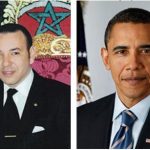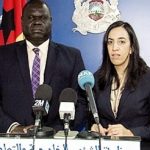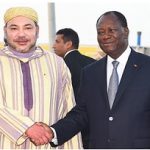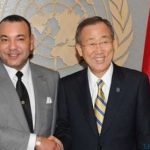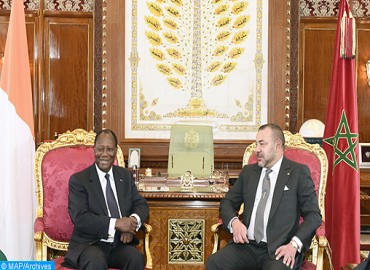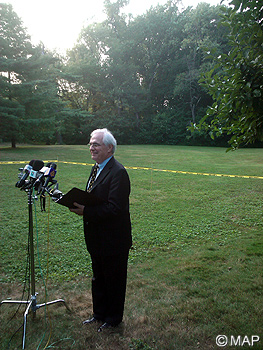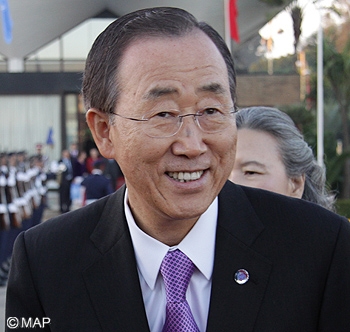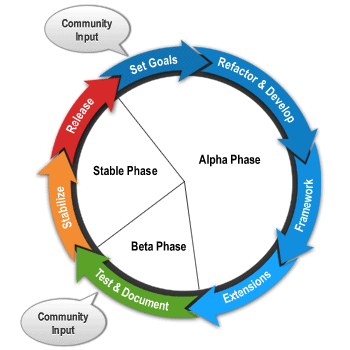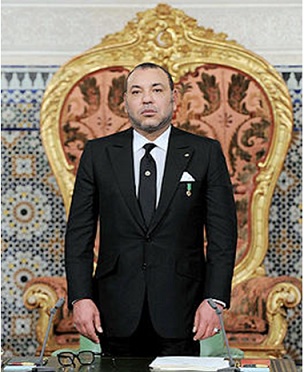US Ambassador Expresses Washington’s Support for Morocco’s Autonomy Plan

PERSISMA, Rabat – The autonomy plan in the Western Sahara under Moroccan sovereignty is “serious, credible and realistic,” reiterated the ambassador of the United States in Rabat, Dwight L. Bush, in an exclusive interview on Saturday with Maghreb Arab Press (MAP).
Washington’s statement vis-à-vis the Moroccan autonomy plan in the Sahara comes after the the unprecedented statements made by United Nations Secretary General, Ban Ki-moon, during his recent visit to the region. “Our position remains unchanged: the autonomy plan is serious, credible and realistic,” Bush said, stressing that “we continue to wish a peaceful, lasting and mutually acceptable solution to the Western Sahara issue.”
The US diplomat expressed his concern regarding the ongoing dispute between Morocco and the UN Chief, after the latter described Morocco’s sovereignty over the Western Sahara as “occupation.” The statement caused an outcry in Morocco, prompting the Moroccan government to issue a strongly-worded communique on Tuesday, March 8 in which it accused Ban Ki-moon of siding with the Algeria-backed Polisario.
“We were very concerned about the turn of events” between the UNSG and Morocco, Bush said, adding that the United States seeks “to provide help as much as we can in order to move towards a settlement.”
Bush went on to add that that the proposed advanced regionalization in Morocco’s southern provinces is part “of the work that continues under the vision of His Majesty King Mohammed VI to provide the region with infrastructure to boost growth for the good of the people in stability and the prospects for a strong future.”
Bush’s statement comes few hours after the acting spokesperson of the US Mission to the United Nations said on Saturday that Washington considers Morocco’s autonomy plan “serious, realistic, credible, and it represents a potential approach that could satisfy the aspirations of Western Sahara,” U.S. mission spokesman Kurtis Cooper said on his Twitter feed.
Though the timing of the statement may be understood as tacit support from the US administration for the continuation of the political process initiated by the Security Council in 2007, analysts say that it falls short of showing clear support for the Moroccan autonomy plan as the only solution likely to bring an end to the conflict. (Adnane Bennis)

